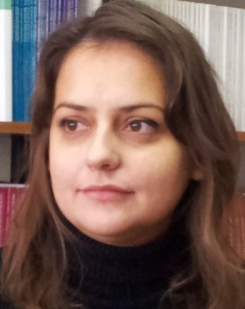Contextual Perspectives of Life Course Transitions, Health and Well-being of Young People in Times of Uncertainty

Special Issue Information
Dear colleagues,
In the recent times of growing uncertainty and (social) risks the life course trajectories of young people in different domains became unstable and diversified. Socioeconomic and health crises, climate changes and environmental concerns, military conflicts and wars challenge the experiences of young people for academic achievements and professional realization, family formation and parenthood, achievement of satisfying and autonomous life. The inability to fulfil the social expectations for the role-configured pathways to early adulthood provokes in young people anxiety, disorientation and uncertainty about the occurrence, timing and duration of the passages to adulthood, postponing milestone life events such as family formation, parenthood, establishment of an independent life and achievement of job stability. Uncertainty and (social) risks enforce the development of precarious adult identities and constitute specific socially disadvantaged groups of young people with strengthened need for social support in their pathways to adulthood. The precious life course transitions and multiple adult-role configurations in conditions of uncertainty and accumulated (social) risks have strong implications on adult identity formation, (mental) health and wellbeing of young people, which require contextual perspectives, delineating the specific experienced of young people and identifying the vulnerable groups among them.
The Special Issue takes a multidisciplinary stance and aims to collect theoretical, methodological and empirical papers on young people’s life course transitions such as family formation, parenthood and partnership, establishment of an independent life, school to work transition, (adult) identity formation, (mental) health and well-being and their psychosocial and contextual determinants in times of uncertainty and increased (social) risks.
Assoc. Prof. Dr. Elitsa Dimitrova
Guest Editor








